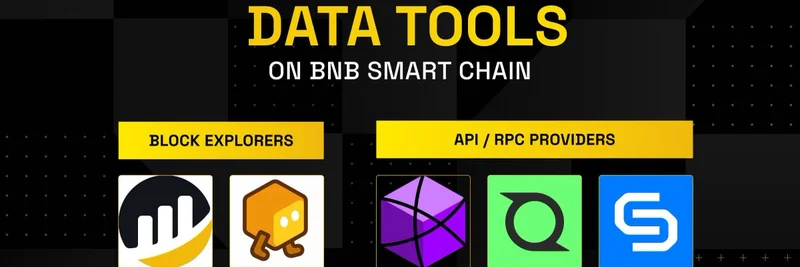Hey there, crypto enthusiasts! If you’ve been keeping an eye on the blockchain space, you’ve probably heard the buzz around the latest news from the U.S. Securities and Exchange Commission (SEC). On August 6, 2025, at 07:21 UTC, Solana Daily dropped a bombshell: the SEC has officially stated that liquid staking activities and tokens are not considered securities under U.S. law. This is a game-changer for decentralized finance (DeFi) and platforms like Solana, so let’s break it down!
What Does This Mean for Liquid Staking?
For those new to the term, liquid staking is a process where you lock up your cryptocurrency (like Solana’s $SOL) with a staking protocol to earn rewards, and in return, you get a token (called a staking receipt token) that represents your staked assets. These tokens, such as $stSOL, $jitoSOL, $mSOL, and $bSOL, can be traded or used in DeFi while your original assets continue earning rewards.
The SEC’s statement clarifies that:
- Staking protocols no longer need to register with the SEC.
- Staking receipt tokens aren’t classified as securities.
- This ruling provides a clear green light for DeFi innovation and could attract more institutional players.
In simple terms, this removes a huge regulatory hurdle, making it easier for projects to operate without the fear of legal pushback. It’s like getting a “go ahead” signal at a traffic light that’s been red for years!
Why This Matters for Solana and DeFi
Solana has been making waves in the crypto world, and this news could supercharge its growth. The platform is already home to a thriving DeFi ecosystem, with protocols like Axiom and Jupiter leading the charge (as mentioned in earlier Solana Daily posts). With liquid staking now free from SEC oversight, we might see even more DeFi projects launch on Solana, boosting its network revenue—which hit an impressive $87M in July 2025, according to previous data.
Plus, the influx of institutional money could be on the horizon. Big players often hesitate due to regulatory uncertainty, but this clarity might encourage banks and hedge funds to dip their toes into Solana-based DeFi. Imagine the possibilities if companies start using $stSOL in their portfolios—talk about a bullish signal!
The Bigger Picture: Impact on Meme Tokens and Beyond
At Meme Insider, we’re all about keeping you updated on meme tokens and their place in the blockchain world. While this ruling doesn’t directly target meme coins, it creates a ripple effect. Many meme tokens on Solana, like the hyped-up LandWolf ($WOLF), rely on a strong DeFi infrastructure. With liquid staking gaining legitimacy, the ecosystem supporting these tokens could grow, potentially driving more interest and value.
For example, the RedBaron post in the thread highlights the excitement around $WOLF, which is aiming for a $1 billion valuation. A healthier DeFi environment could fuel this kind of momentum, especially if staking rewards become a key attraction for investors.
What’s Next?
This SEC decision is a milestone, but it’s not the end of the story. The crypto space is evolving fast, and we’ll likely see more regulations—or clarifications—down the line. For now, though, it’s a win for Solana and the broader DeFi community. If you’re a blockchain practitioner, this is the perfect time to dive deeper into liquid staking protocols and explore how they can enhance your projects.
Got questions? Want to join the conversation? Drop a comment below or check out our knowledge base for more insights on meme tokens and DeFi trends. And hey, if you’re feeling the wolf spirit, give LandWolf a howl—er, a look!
Stay tuned to Meme Insider for the latest updates, and let’s ride this wave together!


